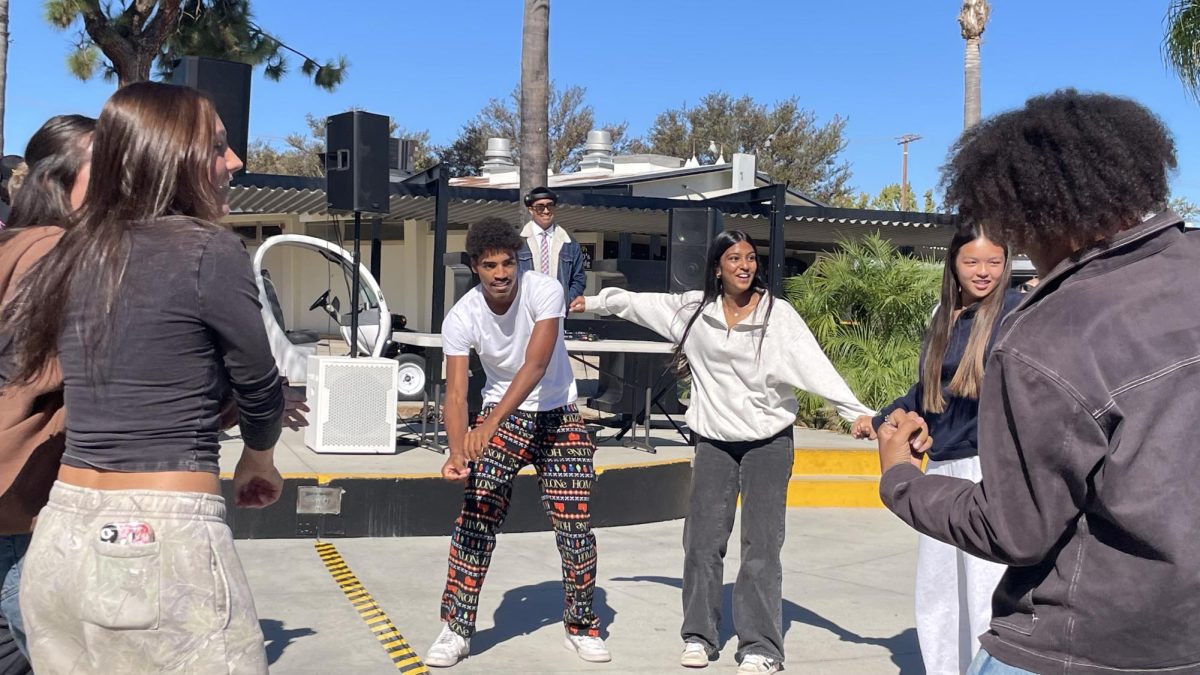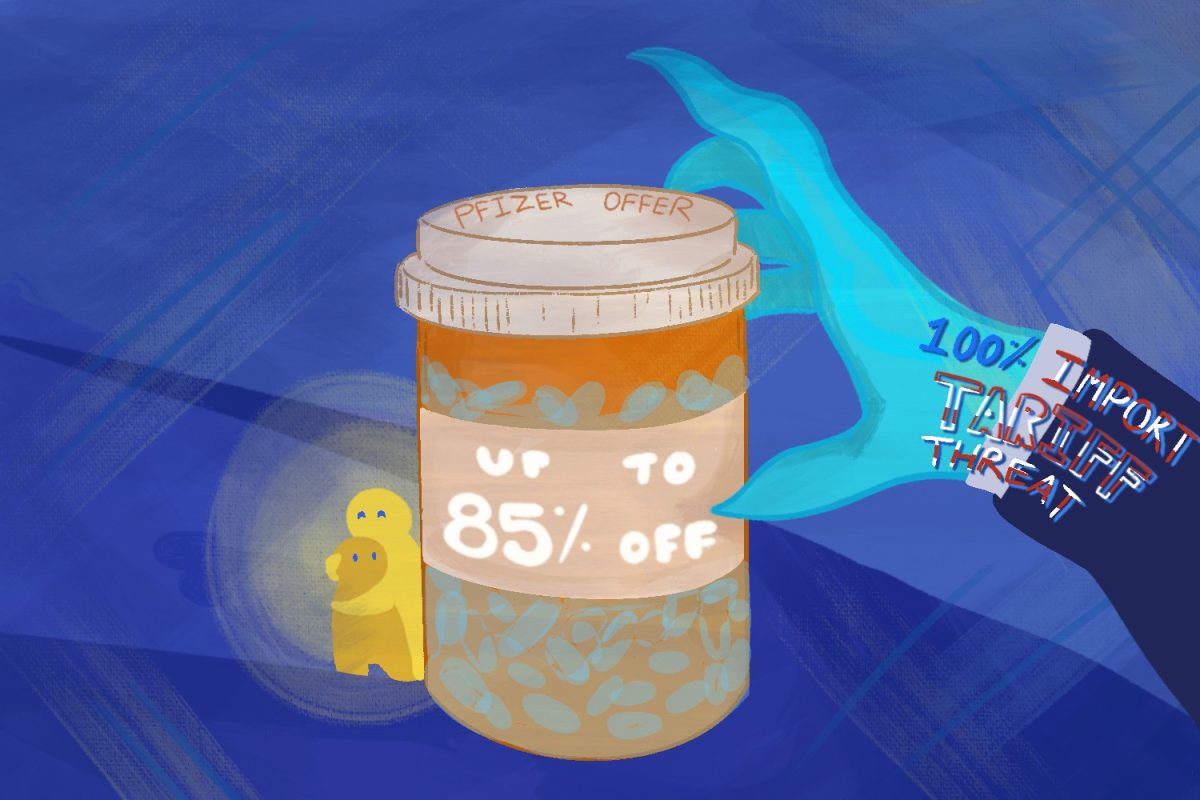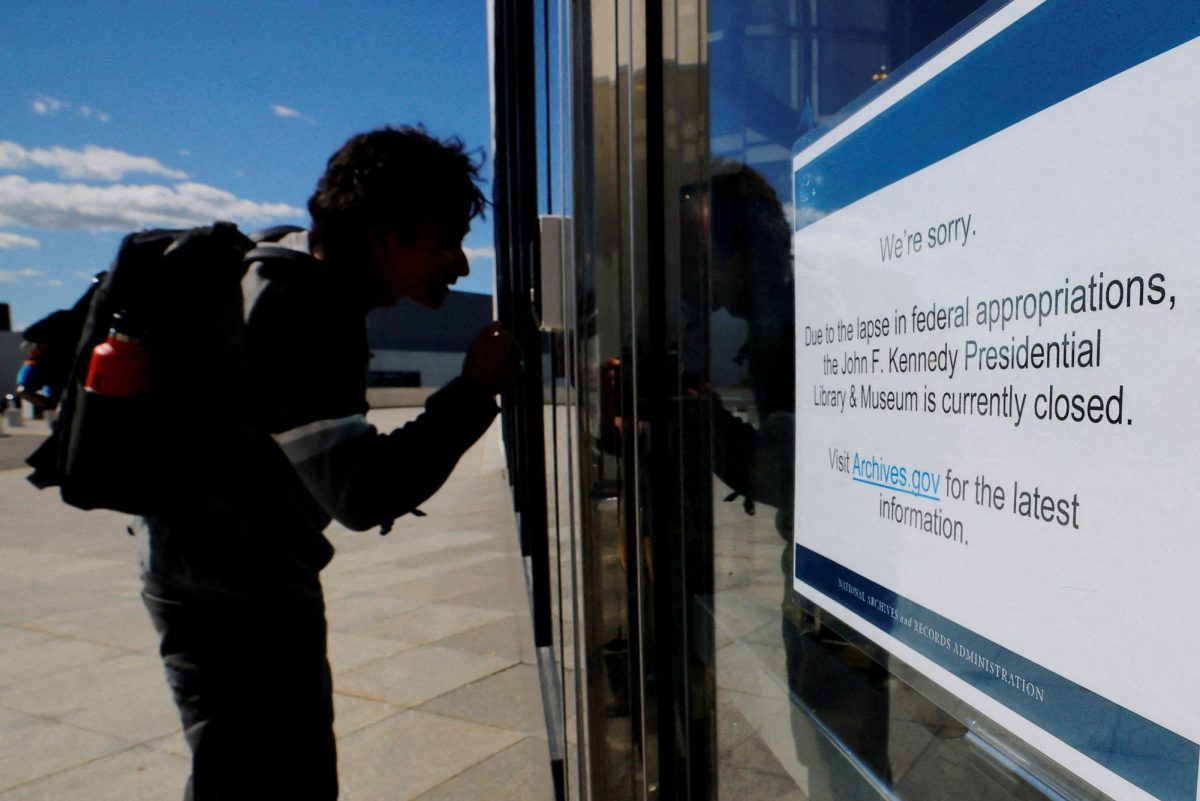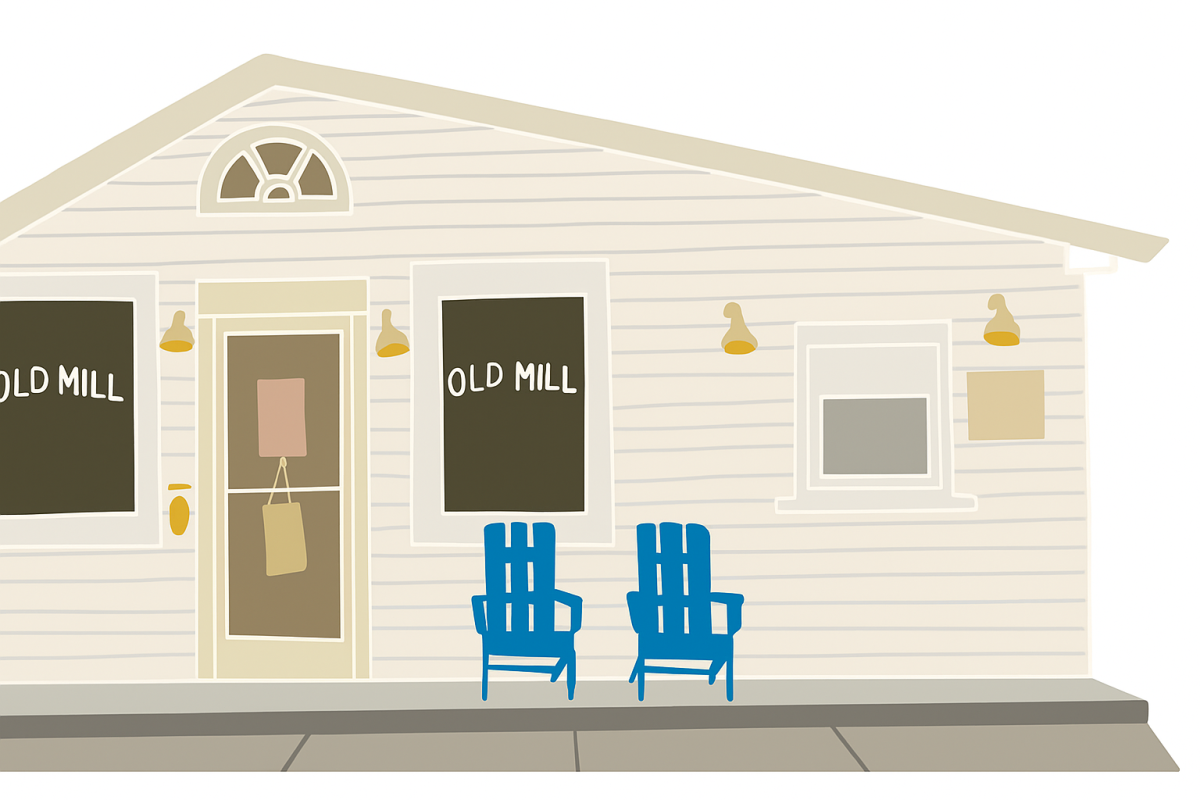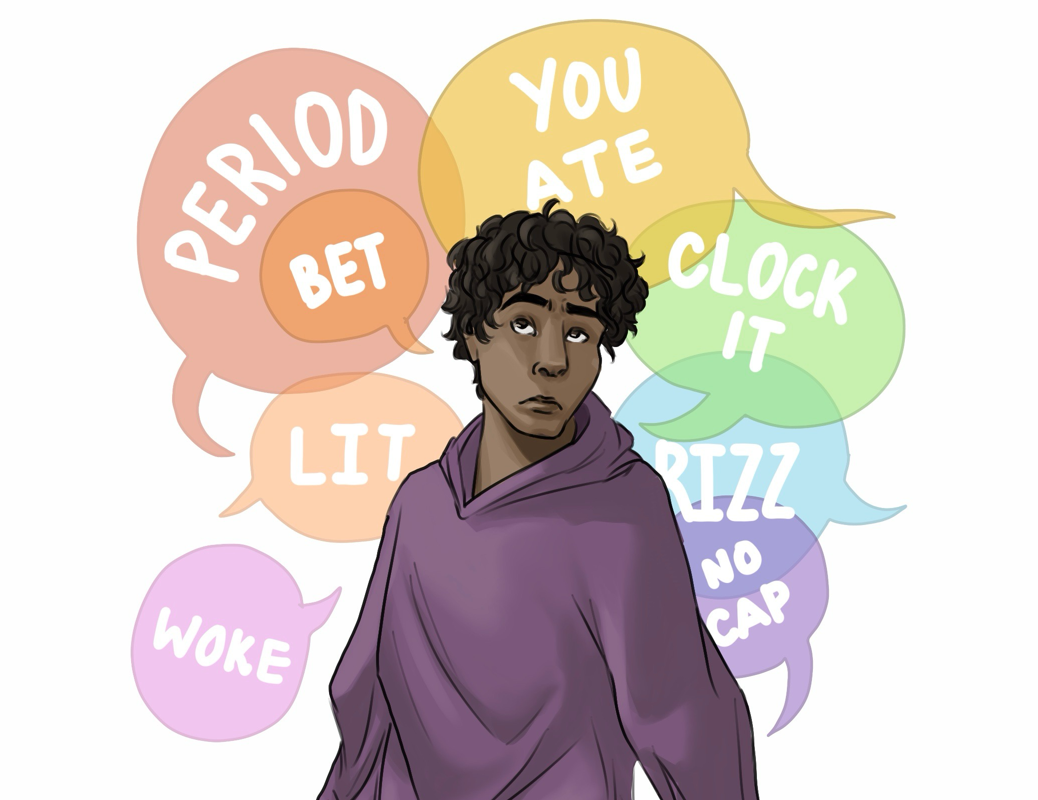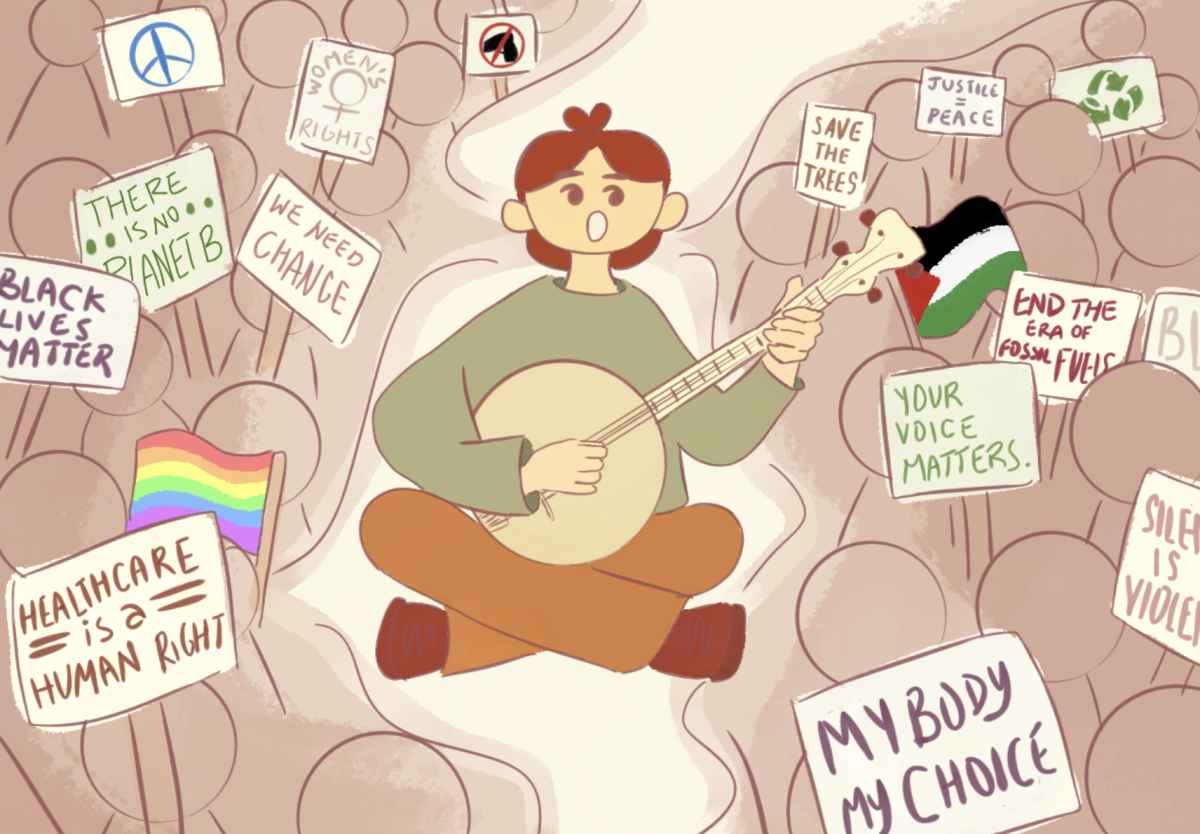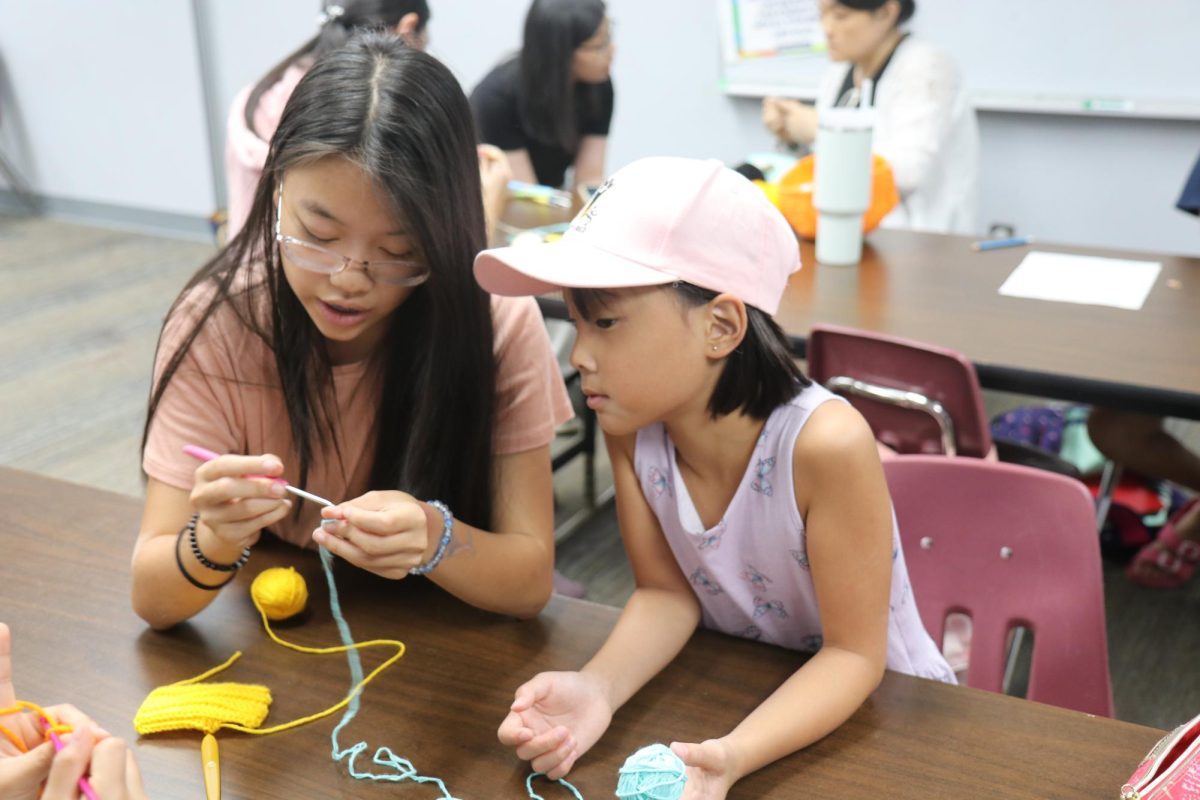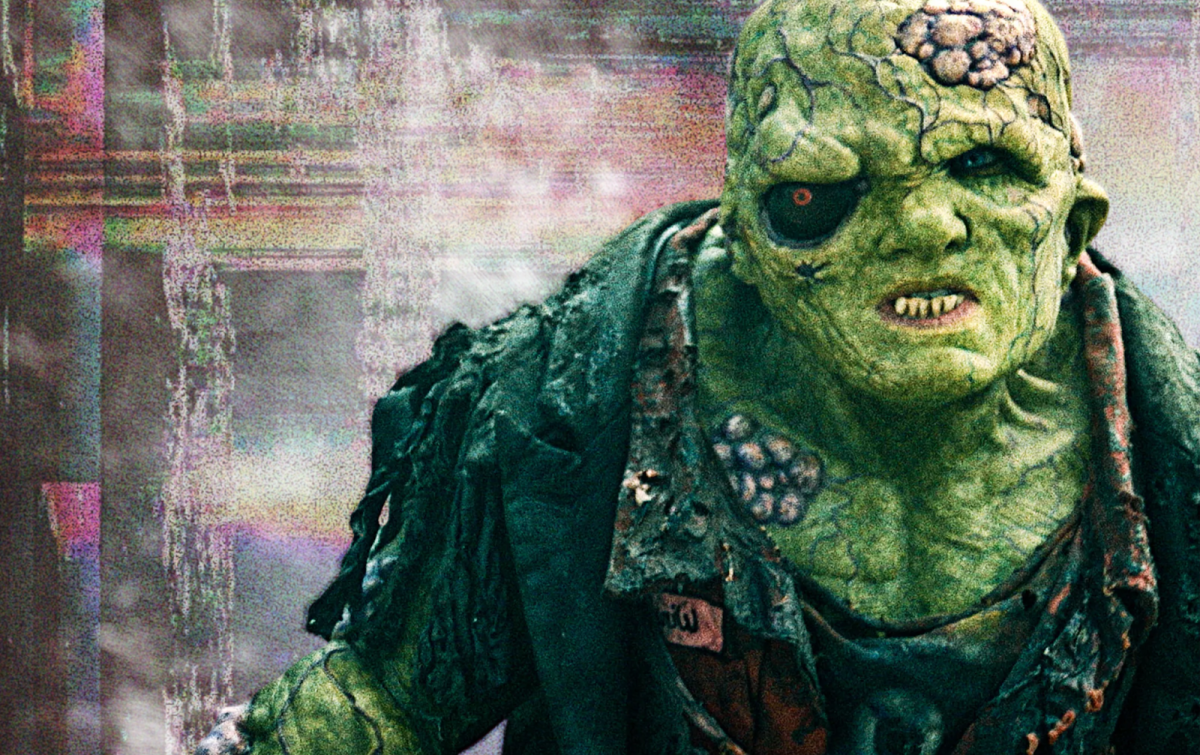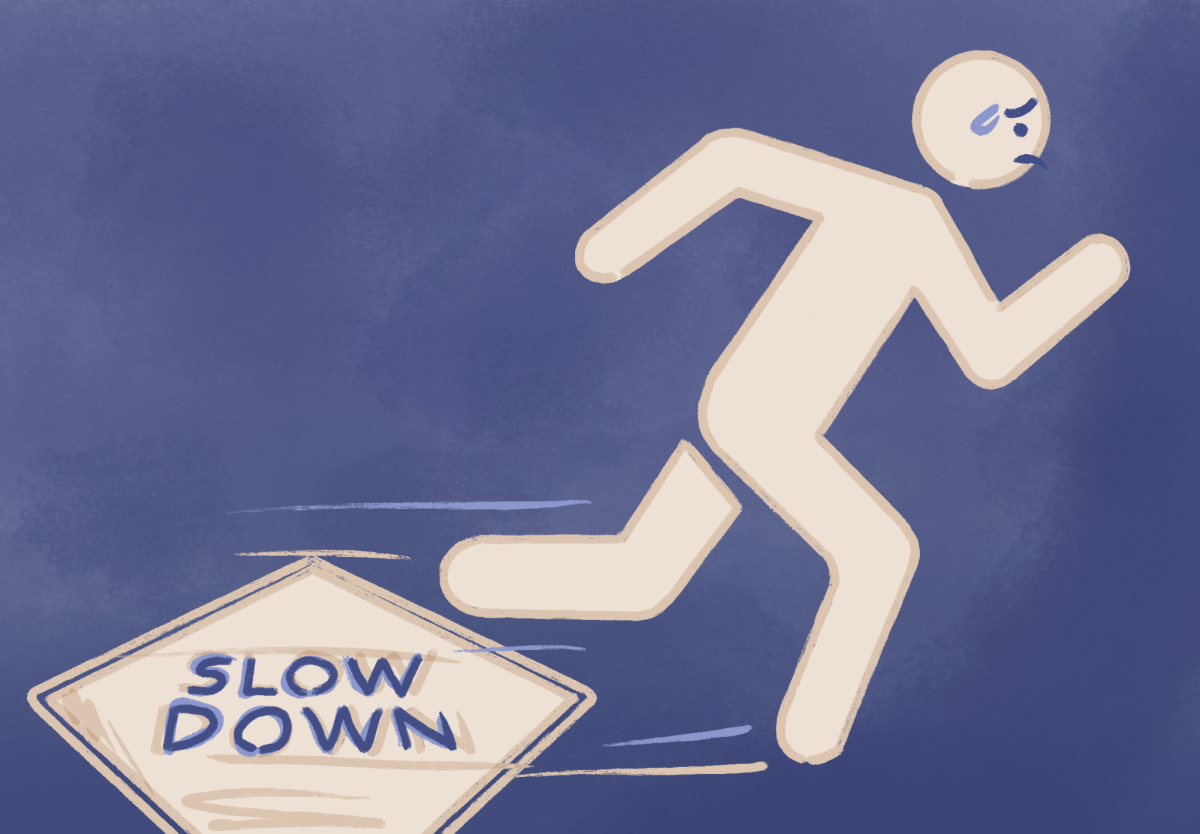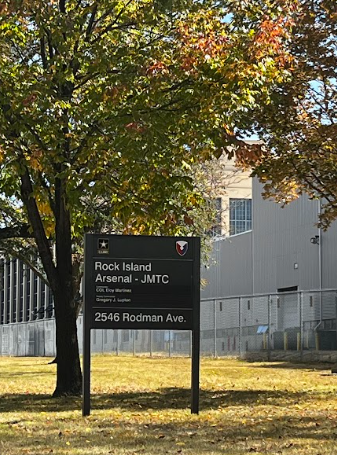Pope Francis, the first Jesuit and the first Latin American pontiff, died on Monday, April 21, 2025, at the age of 88. In an X statement, the Vatican confirmed that he passed away at 7:35 a.m. CEST at his residence in Vatican City, following a cerebral stroke that led to coma and irreversible cardiocirculatory collapse.
Born Jorge Mario Bergoglio in Buenos Aires, Argentina, in 1936, Francis, son of Italian immigrants, was elected pope in 2013 after the resignation of Benedict XVI. His 12-year papacy was characterized by a significant commitment to inclusivity, reform and social justice.
Upper School Program Coordinator Valeria Zappone, like Francis, grew up in Argentina and is of Italian descent. She said, “When he became pope, it was a big deal, no one was expecting that, including him.We never had a Latin American pope before, so it was a great honor for the country.”
The pontiff prioritized issues traditionally viewed as taboo by the institutional Church. He addressed the global clerical sex abuse scandal, encouraged greater compassion towards migrants and the poor and broke ground by allowing priests to bless same-sex couples. Under his leadership, transgender individuals were welcomed into church life, including as godparents, for the first time in Church history. Additionally, through his second encyclical Laudato Si, Francis expressed the importance of environmental stewardship as a moral imperative.
Catholic student, Julia Panos ‘27, said, “I think that his values that he brought to the table really aligned with what I see as my Catholic values, and I felt really represented by him in a way.” Panos added, “Sometimes, in my community as a Catholic, I feel like a lot of people can kind of steer away and reject other people because of who they are or their identity, and that’s not what our religion is about at all.”
Echoing that sentiment, Josemaria Meister ‘26, who is a member of the Catholic Church, said, “I think it was good to see someone who is less conservative and more adaptive to modern times and policies.”
Due to his bold moves, Francis faced criticism from Catholic leaders on both ends of the political spectrum: conservatives, who felt he went too far, and progressives, who believed he didn’t go far enough.
“I think he did make some reforms when it comes to the inclusion of women in the Church and the inclusion of queer and trans people,” Kaci Collins Jordan, Upper School history and religions teacher and a Catholic, said. “He certainly made gestures, and some of those are significant, but he also sort of held the line on some of these things.”
Conversely, many members of the conservative Church factions criticized his openness to LGBTQ+ Catholics and his moves to decentralize Church authority through the appointment of bishops from underrepresented regions.
Jack Sobolewski ‘27, who identifies as both Catholic and a part of the LGBTQ+ community, celebrated the pope’s reforms, saying, “Under Pope Francis, we [LGTBQ+ individuals] weren’t being directly told to change ourselves. He took acceptance of our community, and he said that he thought that Jesus would’ve wanted us to let in everyone.”
In the wake of the pontiff’s passing, there is growing concern that progress, within the Church and in public discourse affected by his influence, could begin to unravel.
Catholic sophomore Valentina Valvidia said, “There’s going to be no one to speak out and continue his progressive ideas, and use his religious power and authority to promote those ideas. It’s scary to think that voice might be gone.”
Francis’ international outreach extended to diplomatic relations with war-torn nations. He made efforts to engage with China, visit impoverished African nations and speak out against injustice globally. On Easter Sunday, his last full day of life, his plea for mercy and openness toward migrants emphasized a consistent theme of his leadership: that compassion has no borders.
“On this day, I would like all of us to hope anew and to revive our trust in others, including those who are different than ourselves, or who come from distant lands, bringing unfamiliar customs, ways of life and ideas! For all of us are children of God.” the pope said.
Earlier that week, on Holy Thursday, April 17, Francis made a final visit to prisoners in Rome’s Regina Coeli prison despite his declining health, honoring his annual Holy Week tradition. In previous years, he would kneel to wash the feet of inmates in a reenactment of Jesus’ acts of humility when he washed his disciples feet. This year, though too weak to perform the ritual himself, he still showed up to offer his presence and blessings.
In the realm of American politics, the pontiff was a vocal critic of President Donald Trump’s immigration policies. He argued that deporting individuals who escaped difficult situations violated human dignity and questioned how Trump’s promises of building walls aligned with Christian values.
Francis said in February 2016, “A person who only thinks about building walls, wherever they may be, and not building bridges, is not Christian.”
With the return of the Trump administration to the White House, Trump and Vice President JD Vance have launched a mass deportation initiative. Vance, who identifies as Catholic, justified the policy by invoking an ancient Catholic concept known as “ordo amoris”, or “order of love.” The early theologian St. Augustine described this idea as the belief that individuals should love what they ought to, in the proper order and measure. According to Vance, this means Americans should prioritize love for their families and fellow citizens over that for strangers; essentially, love for one’s country above others.
However, Francis criticized Vance’s interpretation, stating, “The true ‘ordo amoris’ that must be promoted is that which we discover by meditating constantly on the parable of the ‘Good Samaritan,’ that is, by meditating on the love that builds a fraternity open to all, without exception.”
Francis reinforced this belief in his Easter Sunday address: “I appeal to all those in positions of political responsibility in our world not to yield to the logic of fear, which only leads to isolation from others, but rather to use the resources available to help the needy, to fight hunger, and to encourage initiatives that promote development.”
He consistently denounced the Trump administration’s claim that it upholds Christian values with the promotion of isolationism and resentment of immigrants. Instead, he supported the belief that society can only grow when people recognize that each individual has infinite dignity and value.
Valdivia, whose family is part of the Latino community that Francis frequently defended, shares that same concern. “He was trying to defend Latino and Hispanic communities, so with his passing, I think there’ll be less of a personal fight in those arguments against Trump,” she said. “And I just hope that other people –with religious power or not – can keep pushing back against all the stigma and stereotyping.”
Among the names for potential successors are Cardinal Matteo Zuppi of Bologna, known for peace-building initiatives in Ukraine and Africa, and Cardinal Luis Antonio of the Philippines, who has held high-ranking roles at the Vatican since 2019.
“I think the tendency in the church is, after a period of reform, to have a period of undoing some of those reforms, or at least halting some of those reforms,” Collins-Jordan said. “You tend to get one or two popes who are more progressive, one or two popes who are more conservative, and it kind of seesaws back and forth.”
The next pope will hold the power to continue Francis’ legacy of progressive ideals and reforms and advocating for Catholics in marginalized communities.
“If you serve God, try to be a good Christian, and a good human being, it shouldn’t matter who you choose to love or not, or if you have money or not, or [what] your political opinion is,” Zappone said. “I hope that whoever the next pope is, continues [those beliefs], so we don’t go backwards.”
This story was originally published on Tower on April 22, 2025.

